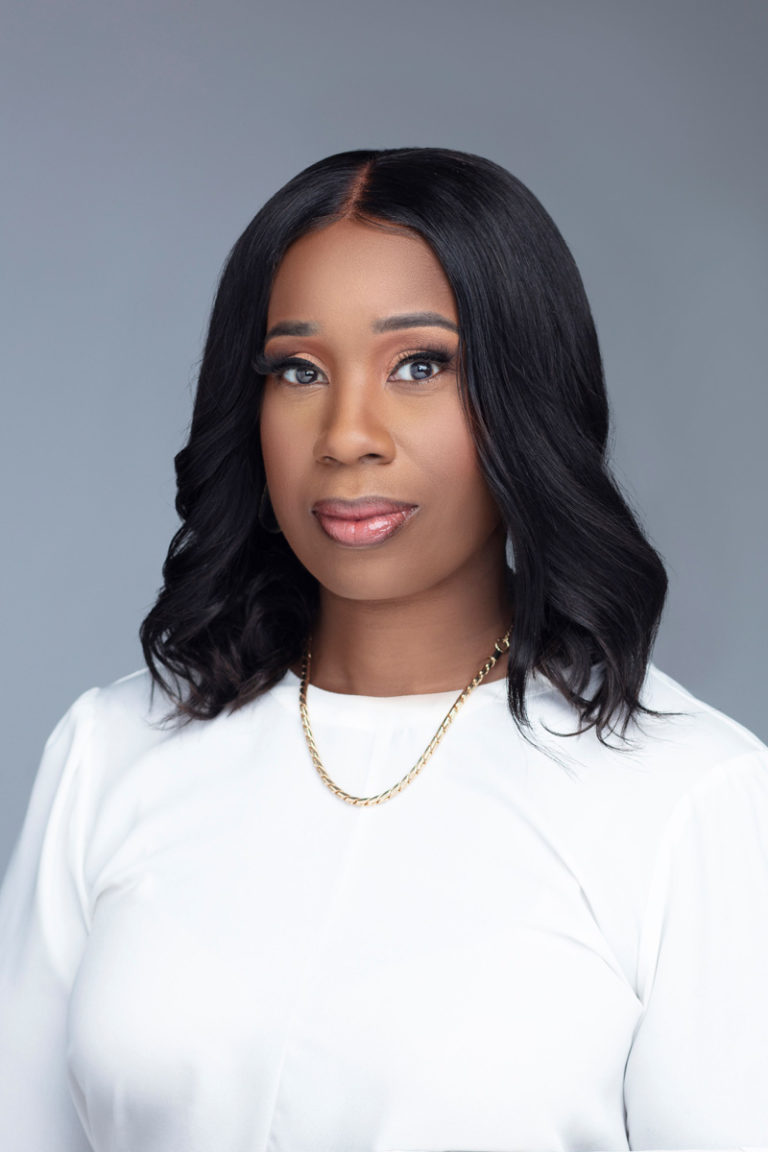Rayna is a Licensed Clinical Social Worker from Louisville, Kentucky. Rayna has a Bachelor of Arts degree in Social Work from the University of Kentucky and received her Master’s degree in Social Work from the University of Louisville in 2008. After graduate school, Rayna worked providing mental health treatment and case management services to children and adults. Acknowledging her gift and passion to lead Rayna transitioned into administrative healthcare roles. Currently Rayna services as the Director of Care Management in an acute rehabilitation setting. Additionally, she provides clinical supervision to CSWs seeking full licensure, sharing her clinical knowledge and professional experiences to strengthen their practitioner skills. Rayna’s leadership in clinical social work practice has positively impacted organizations throughout the Louisville area. Her dedication to social work practice shines through in her 15+ years of service. A lifelong scholar, Rayna is dedicated to identifying interventions and practices that address the needs of marginalized groups. As a doctoral candidate her applied research centers around the underrepresentation of Black women senior leaders in the workplace. Specifically examining resources needed for Black women to move pass the glass ceiling for career advancement. Rayna as a practitioner aims to disrupt Eurocentric and Westernized values that have systemically oppressed and left Black people specifically Black women feeling unseen.

Rayna Nelson
MSSW, LCSW-S
Breaking the Glass Ceiling: Exploring Resources Needed for Black Women to Ascend to C-suite Level Positions in The Workplace
- April 22, 2024
- 10:30 AM -
- 11:30 AM
Abstract
The percentage of African American women in the workplace who hold senior executive level positions are low. African American women who are educated, experienced, and diligent workers have the skills and knowledge to thrive in the workplace as senior executives but need the opportunities and allies to do so. This capstone project seeks to highlight systemic obstacles that Black women encounter while trying to advance to senior leadership positions in professional spaces. The insight gained from this study could be utilized to assist Black women who aspire to become senior leaders. Furthermore, organizations may utilize the study’s findings to better understand how to attract and retain top talent from Black women and how to create fair practices for Black women to prosper. The findings of this study concur with previous studies that indicate that Black women face distinct challenges due to the intersection of gender and race. However the literature reviewed suggest the importance and need for work place mentors, more over allies in order to navigate microaggressions and discrimination for Black women who desire career advancement to top leadership positions. Allyships are a strategic tactic used by established leaders to become collaborators, accomplices, and coconspirators who fight injustice and promote equity in the workplace through supportive professional relationships and public acts of advocacy.

